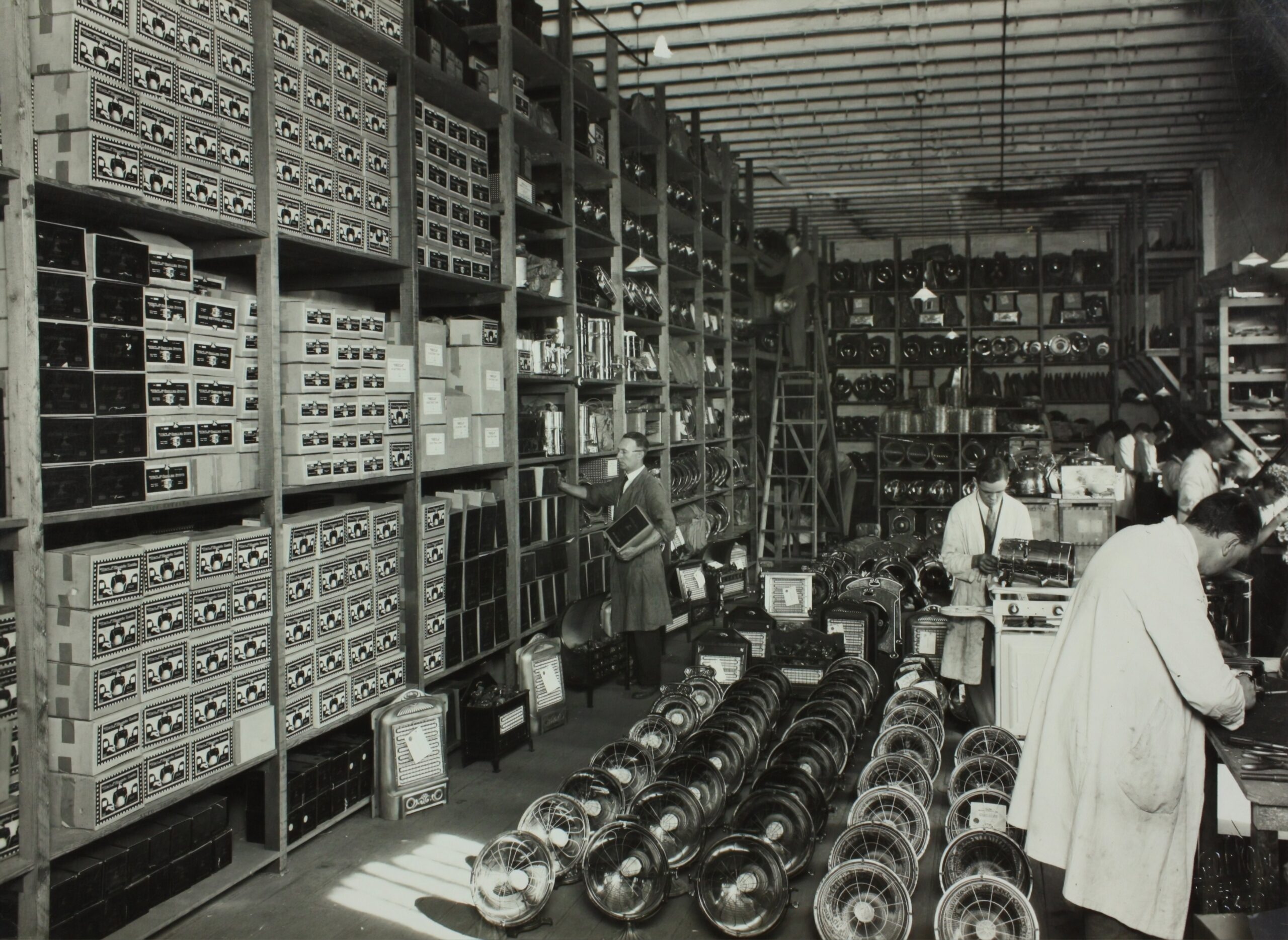Choose Your Aluminum Welding Rods Carefully

Features Of Aluminum Welding Rods?
Aluminum welding rods possess some distinctive features that cater to the unique properties of aluminum as a metal and make it suitable for welding. The strength, adaptability, and resistance to corrosion makes aluminum stand out as a favorable material to make welding rods. Equally important is the selection of appropriate aluminum rods, considering the distinct weld characteristics of each type.
- The Composition
Aluminum welding Rods are typically aluminum alloys to match the composition of the base metal that is being welded. Common alloys include those with silicon, manganese, and magnesium. The composition of the alloy influences the mechanical properties and performance of the weld. The variety of alloys increases the application of welding rods in diverse industries.
- Ductility
Aluminum naturally is a malleable metal, and welding rods must reflect these properties to accommodate the thermal stresses involved in welding. The aluminum welding rods are engineered to be ductile. This ductility of aluminum rods helps prevent cracking and ensure the longevity and structural integrity of the materials.
- Corrosion Resistance
The aluminum rods are formulated to enhance the natural corrosion resistant property of aluminum. This feature is especially crucial in applications where exposure to harsh environmental conditions is anticipated. The rods are engineered to be resistant to address the vulnerability of aluminum to environmental degradation.
- Low Melting Point
Aluminum has a low melting point, and the welding rods are designed within this temperature range. This ensures that the filler metal melts at a temperature compatible with the base metal facilitating proper bonding. Low melting point of welding rods contributes to precision and control during the welding process, promoting successful outcomes.
- Compatibility
Aluminum presents high compatibility with the different types of welding processes. Aluminum welding rods are designed in ways to be used in specific welding processes, such as TIG welding, MIG welding, or oxyacetylene welding. These processes may require different types of rods to achieve optimal results, hence different varieties of rods are available.
Compatibility Of Aluminum Welding Rods With Welding Processes
The compatibility of aluminum welding rods with different welding processes is a crucial consideration. Different techniques necessitate the use of distinct rod characteristics for optimal results. Two primary welding processes commonly used are TIG welding and MIG welding. TIG welding involves using aluminum welding rods featuring a higher melting point to complement the precision required in this process. TIG welding uses these rods for intricate applications like aerospace components or artistic welding. MIG welding requires aluminum welding rods with flux coating that protects the molten weld pool from atmospheric contamination. MIG welding with aluminum rods is used in automotive fabrication and structural welding. If you wish to buy aluminum welding rods online in Canada, you can consider MapleWeld.
How To Choose The Right Aluminum Welding Rods
Welders often question the optimal aluminum rod for welding processes. The answer hinges on the application and the attributes of the rod. The choice of welding rods is crucial for the success of the welding process. The right choice ensures compatibility with the metal to be welded, for optimal strength, ductility, and corrosion resistance. The judicious selection of rods is a key determinant in achieving durable and high-quality welds. By carefully evaluating these factors, you can choose the right welding rods that best suit your application.
- Welding Process
Consider the welding process such as TIG or MIG welding. Choose Aluminum Welding Rods designed for the particular welding technique to ensure compatibility and optimal performance.
- Base Metal
The choice of the welding rod alloy depends heavily on the base metal under treatment. It should be compatible with metal to ensure proper strength and quality of welding.
- Final Weld Strength
Welding rods with compositions matching the base metal is crucial for strength, ensuring the weld meets or exceeds structural requirements.
- Weld Appearance
Different alloys pour different kinds of aesthetics into the final structure. The final appearance helps to decide the type of alloy composition to be used.
- Thickness Of The Base Metal
Thickness also decides the choice of welding rods, as thicker materials require rods with greater heat input and penetration abilities, and thinner materials need rods that prevent burn-through.
What Are The Uses Of Aluminum Welding Rods
Aluminum rods, being versatile, have diverse applications across various industries ranging from aerospace and automotive to construction and marine. Aluminum being a lightweight, yet robust material is indispensable in creating durable structures. These rods contribute to the structural integrity of aircraft by providing the needed strength. Finding wide applications in the artistic welding projects, aluminum is a widely used material. It is also used in the food industry in the manufacture of food processing equipment owing to its non-toxic nature. In essence, these rods are crucial in diverse fabrication endeavors, contributing to the strength, durability, and functionality of the fabricated structures.
Conclusion
Aluminum, being a versatile metal, had wide applications across the major industries. This has led to the creation of different types of Aluminum Welding Rods. Varying in alloy composition, these rods serve multiple functions. Although aluminum welding is a process commonly employed, there are still some challenges to be addressed. The low melting point and high thermal conductivity of aluminum needs extra care to avoid burns. This needs the use of special protective equipment. Although mastering the art of aluminum welding presents challenges, acquiring proficiency in it is entirely dependent on proper knowledge and consistent practice. By considering the crucial factors listed above fabricators can ensure strong, reliable, and high-quality welds. If you are interested in buying the aluminum welding rods, you can consult MapleWeld in Canada.



